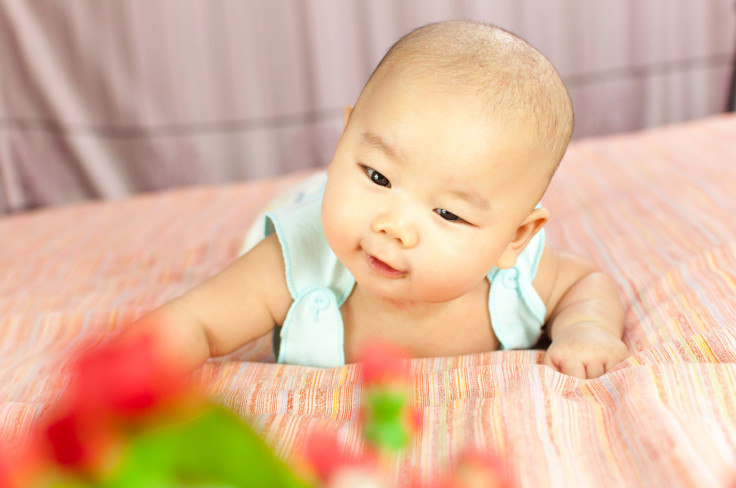China Investigates Hepatitis B Vaccine After 7 Infant Deaths; BioKangtai Product Pulled From Shelves In Interim

The Chinese government has launched an investigation following the deaths of seven infants after receiving a vaccination for hepatitis B, state media reported.
Health officials banned the vaccine, made in Shenzhen, Guangdong Province, after learning of an initial four infant deaths Friday in the provinces of Hunan, Guangdong, and Sichuan, according to Beijing’s official China Daily.
The spate of deaths is the latest product safety scare during the past few years. A half-dozen children or more died in 2008 after drinking milk that contained melamine, an industrial chemical. Other children have died in connection to encephalitis, hepatitis, and rabies vaccines, according to a report from Reuters.
The Chinese government said hospitals had stopped using the hepatitis B vaccine, made by BioKangtai in Shenzhen, as the Health Ministry continues to investigate. Company officials told state media last week they were testing batches of the vaccine suspected of causing the deaths, emphasizing that they follow all government safety rules.
In China, users of the popular microblogging service Sina Weibo demanded the government release more information about the health investigation. "Why was this allowed onto the market? The government needs to come clean about this," one anonymous user wrote.
Despite promises of increased transparency, the Chinese public suspects that government officials continue to conceal information about public health problems, a suspicion borne of a history of health coverups. In 2003, Chinese officials initially denied an outbreak of the SARS virus, before working with the World Health Organization (WHO).
Yet, some public health experts point to improvements on the part of China’s government with regard to public health information. Recent epidemiological investigations in China of H1N1 bird flu have involved foreign health investigators from WHO and the Centers for Disease Control and Prevention (CDC), working with Chinese experts.
In March, the government upgraded its China Food and Drug Administration to a mid-level agency with more supervision from top officials. Although recent health scares including tainted baby formula have further damaged the government’s reputation in public health, WHO officials expressed confidence in their Chinese counterparts and defended the overall safety of the hepatitis B vaccine.
“In general, hepatitis B vaccine is known to be safe and effective,” Helen Yu, a Beijing-based spokeswoman for WHO, told Bloomberg. “We are confident in the ability of the [China Food and Drug Administration] to conduct a thorough investigation.”
China’s flagship state media outlet, China Daily, carried a brief story on the hepatitis B vaccine scare on its English-language website on Monday. The government began offering the vaccine for free to all children in 2002 as part of its national immunization program.



























